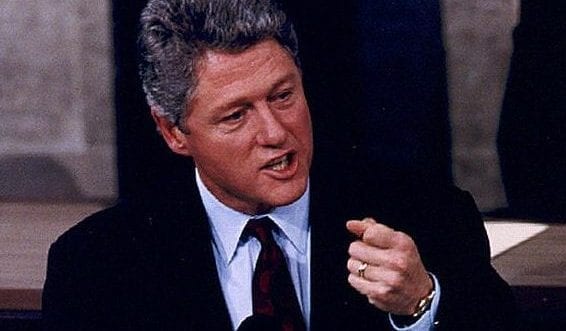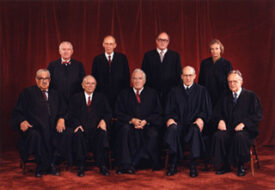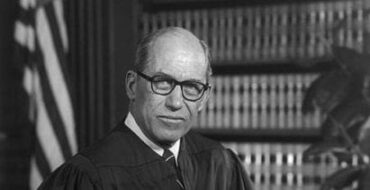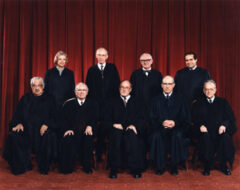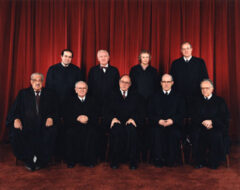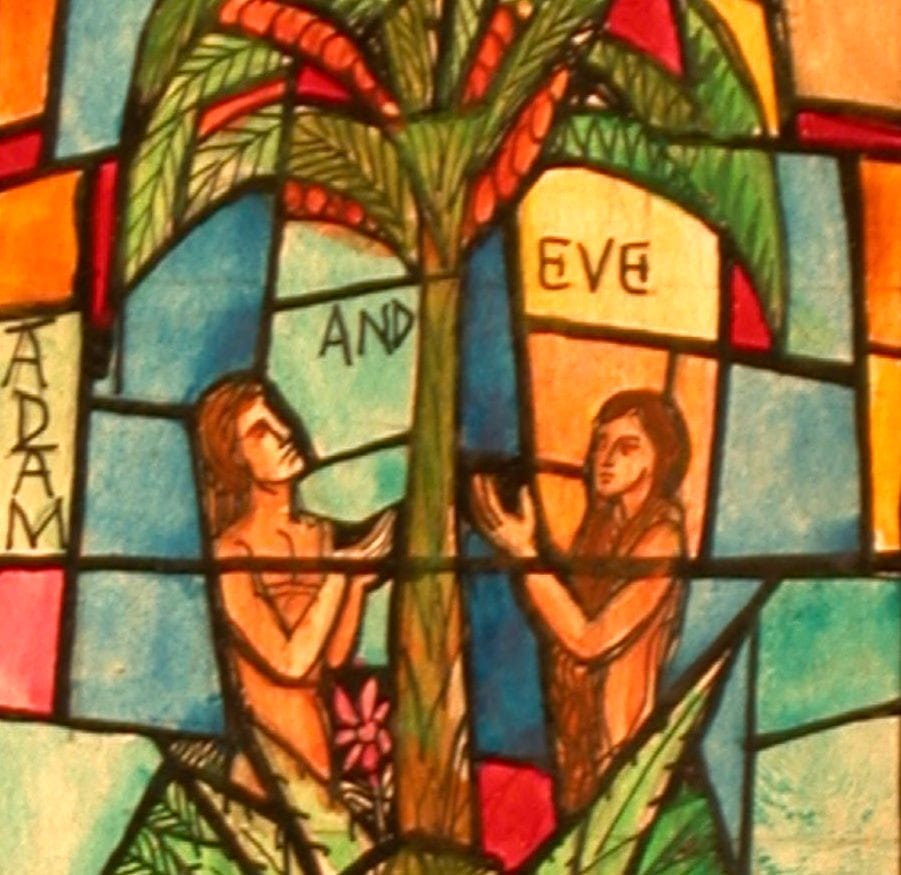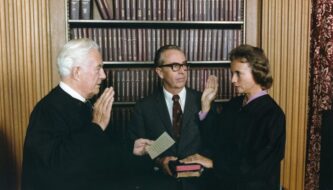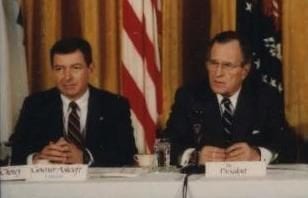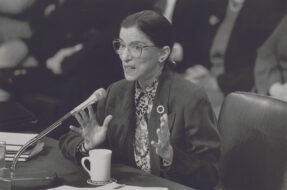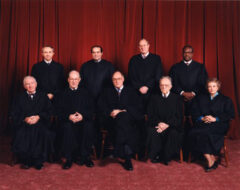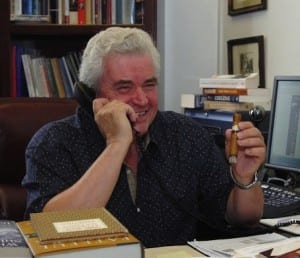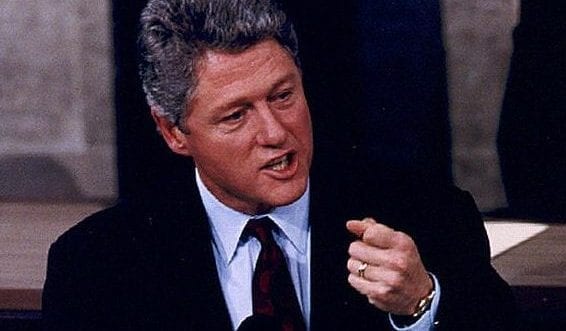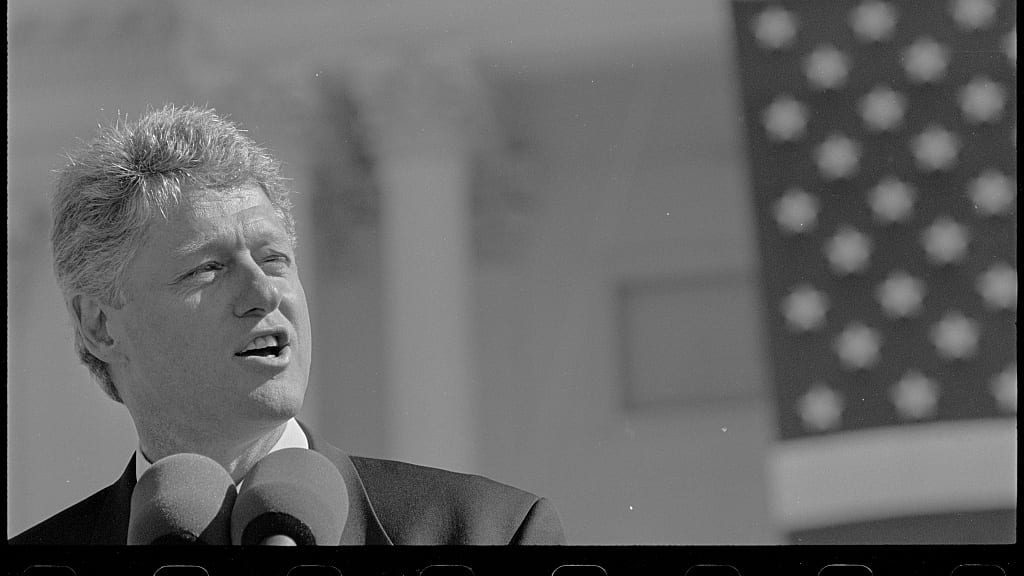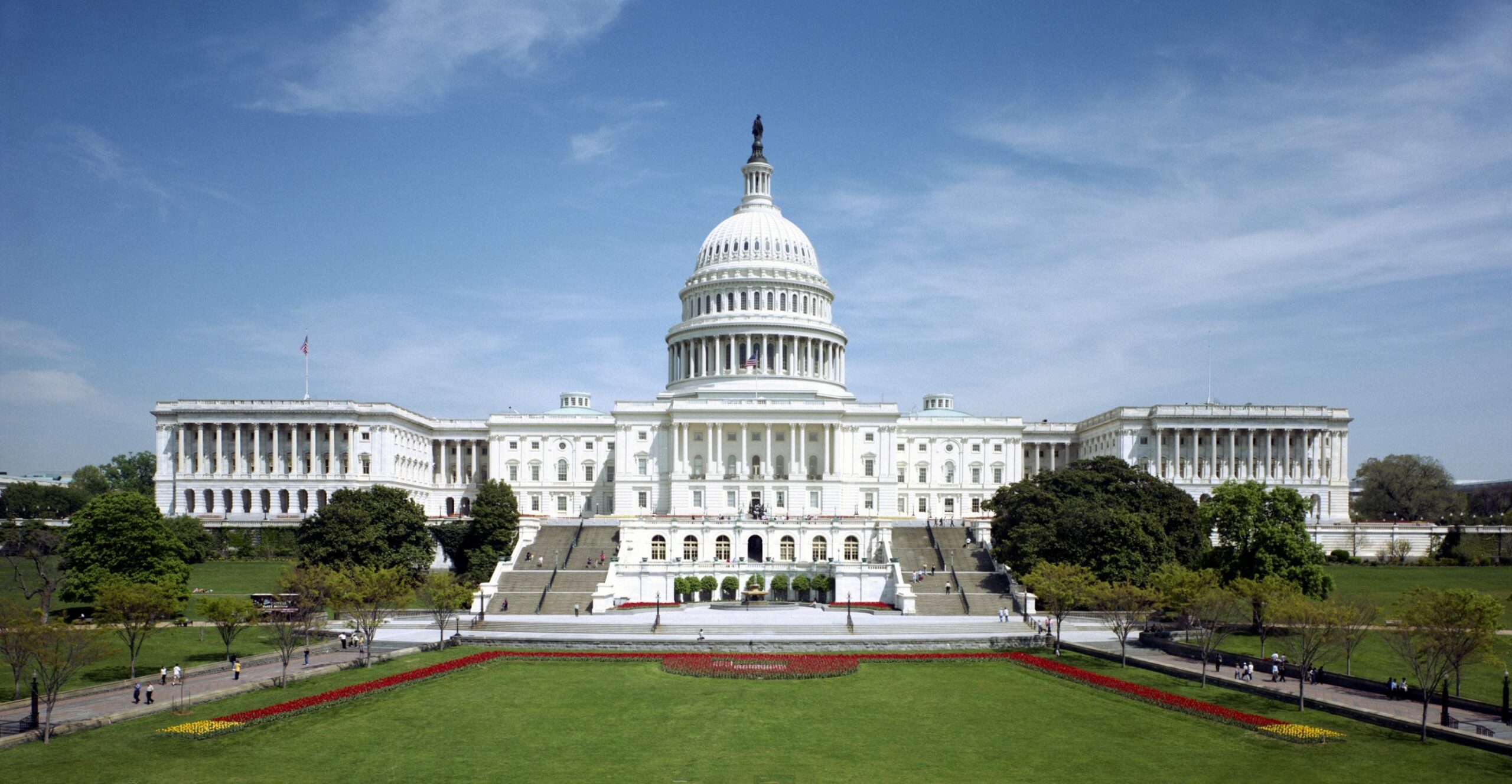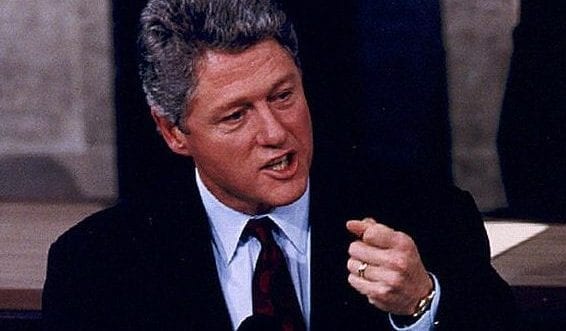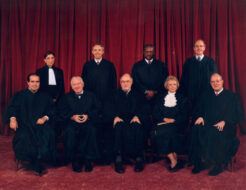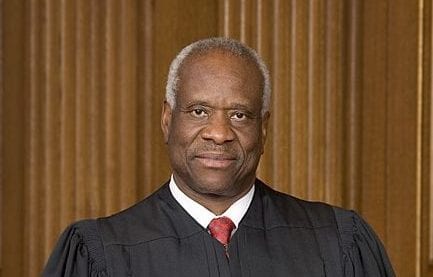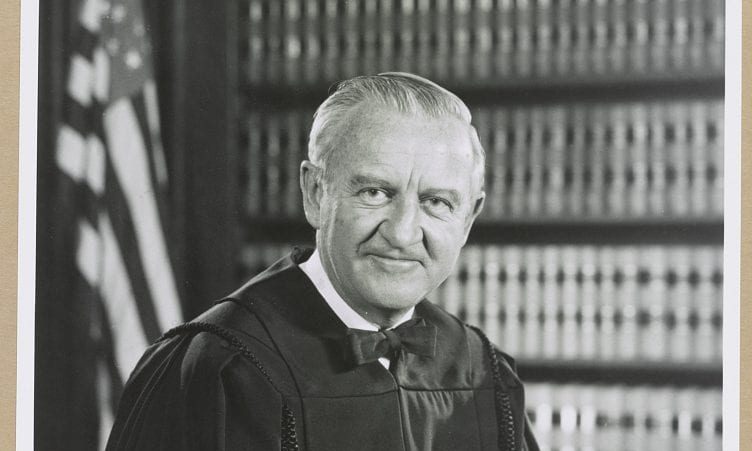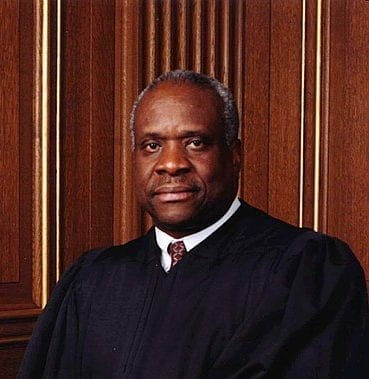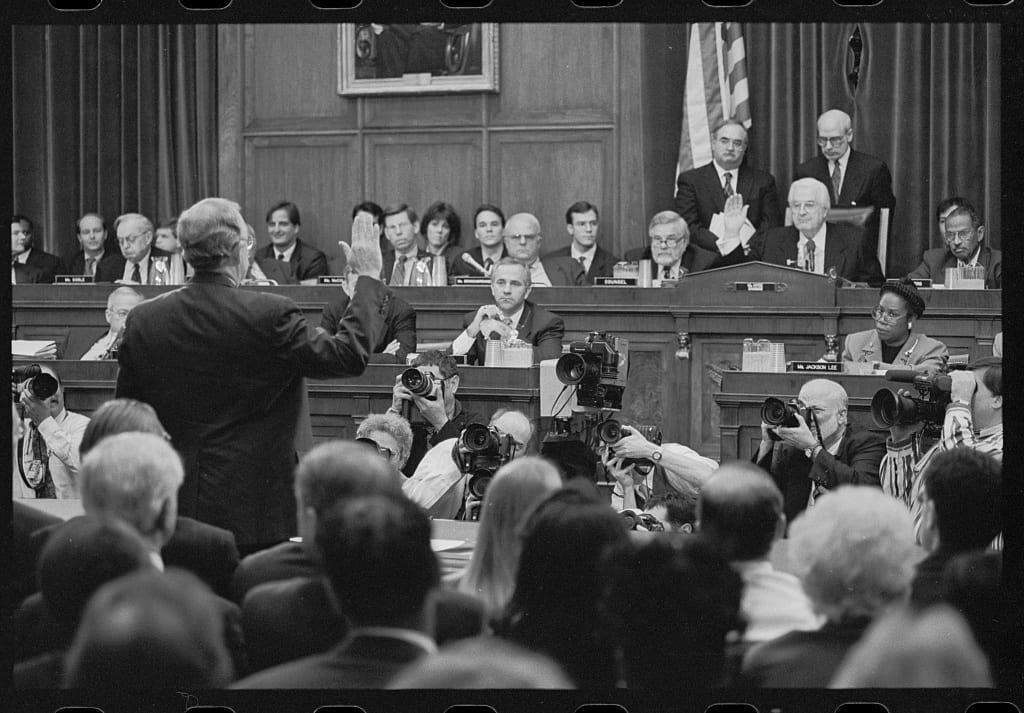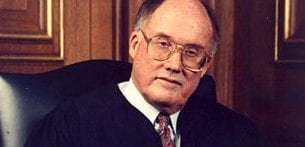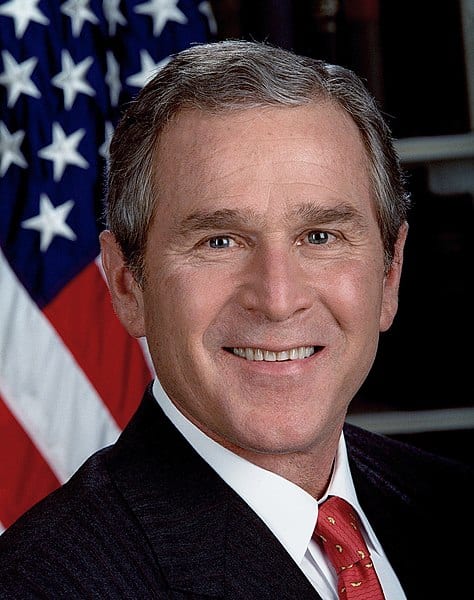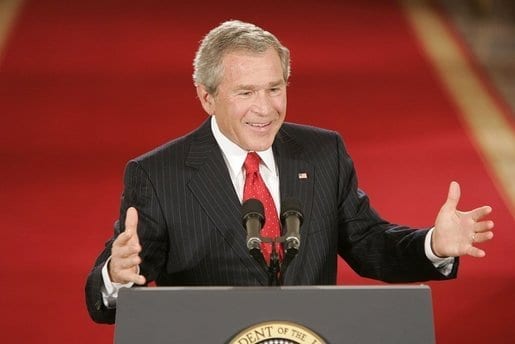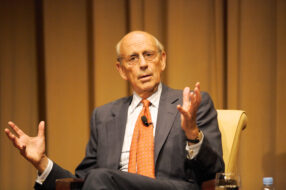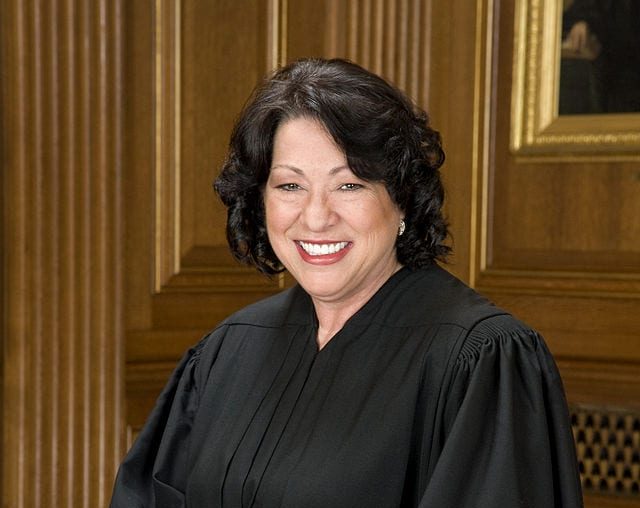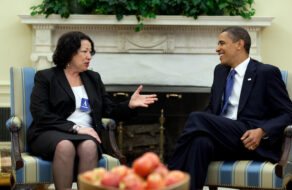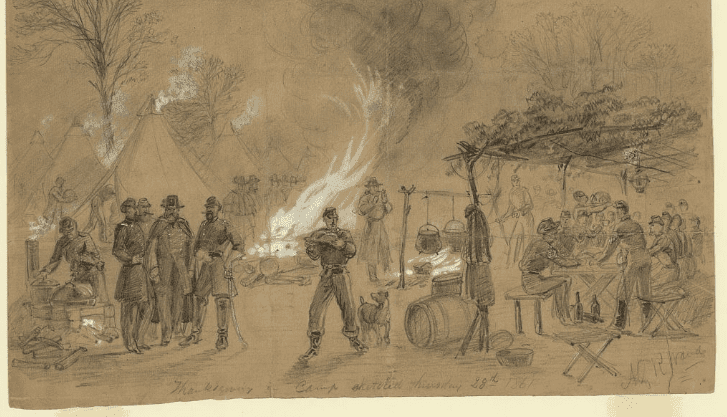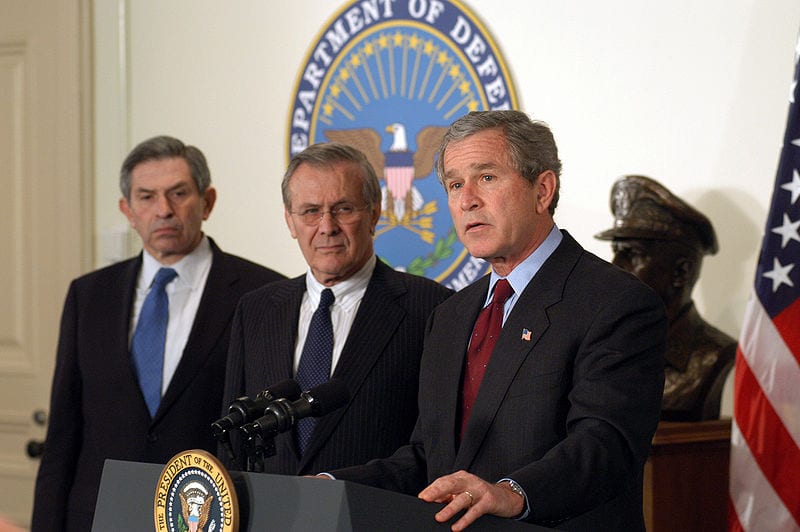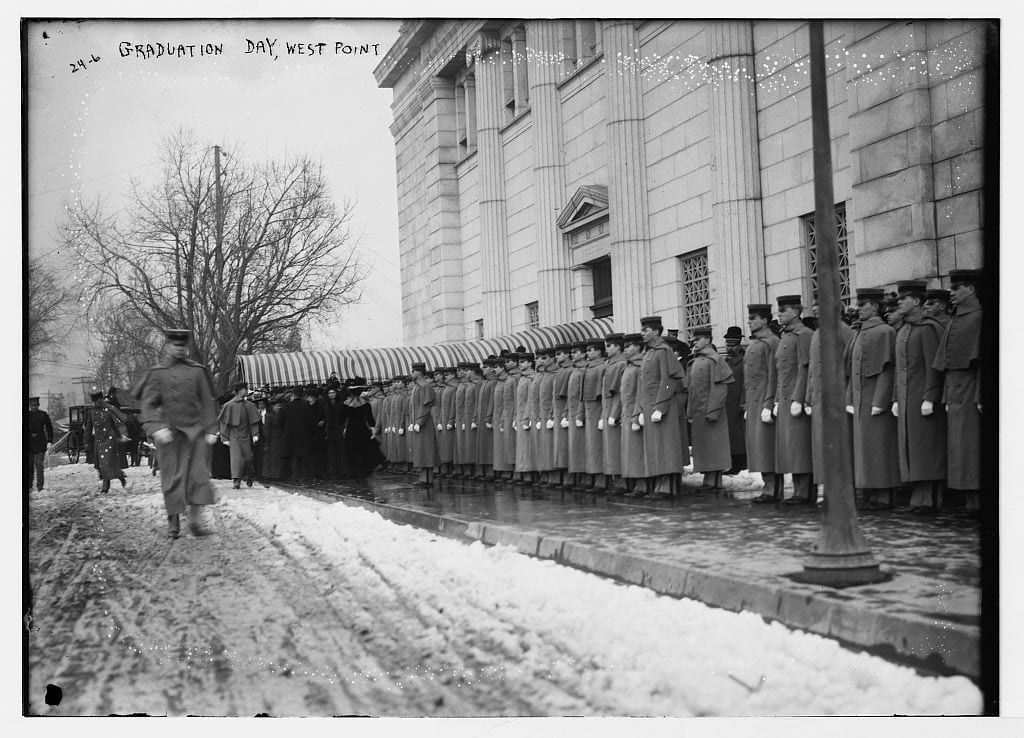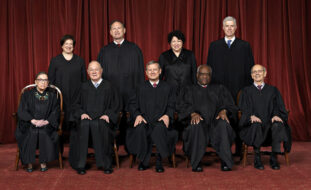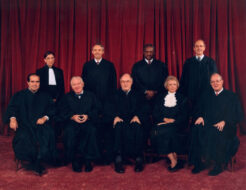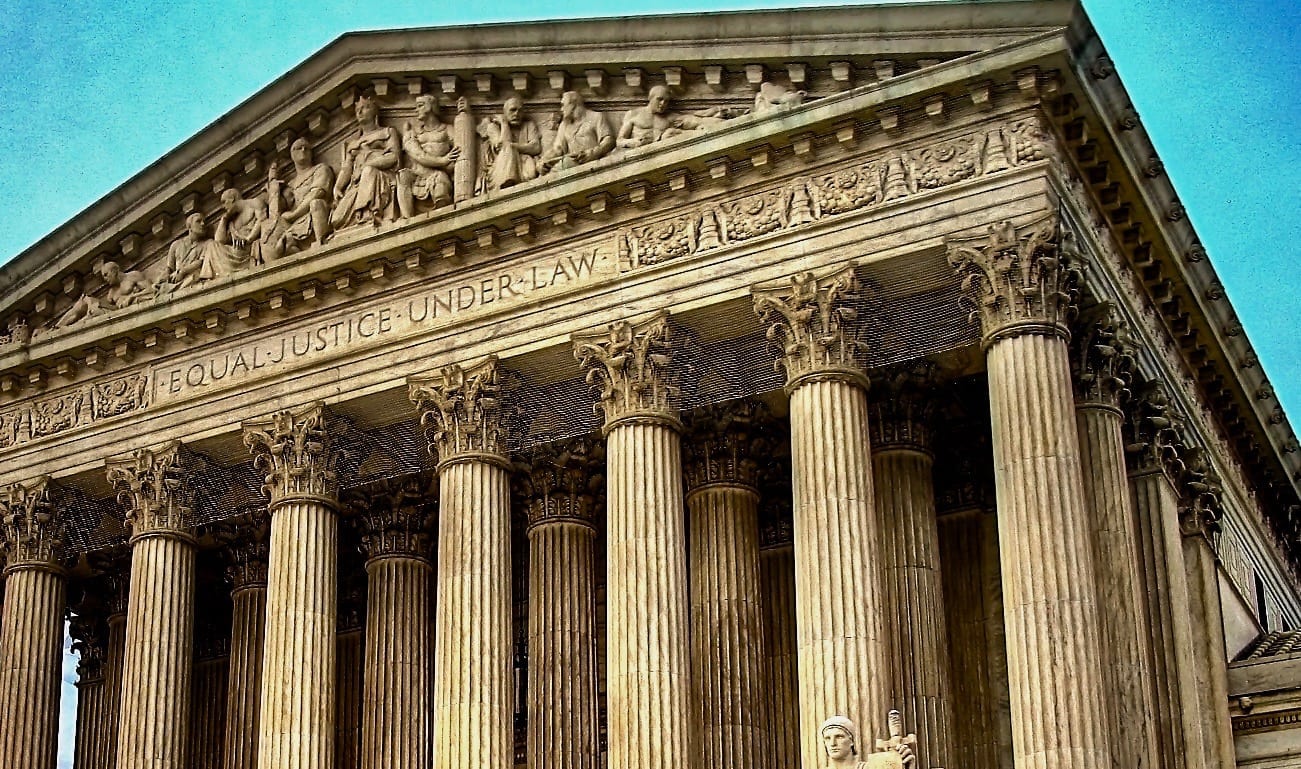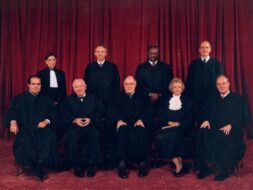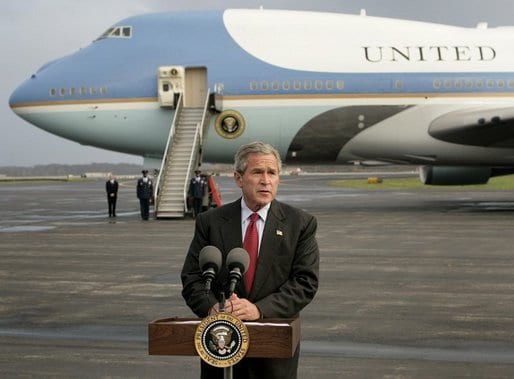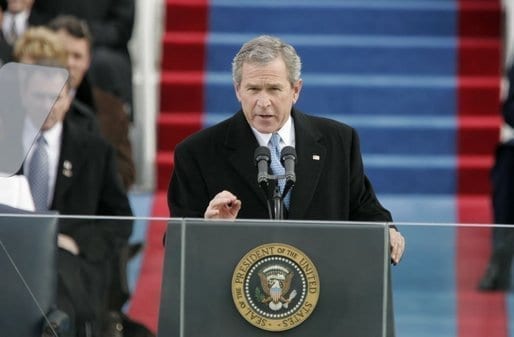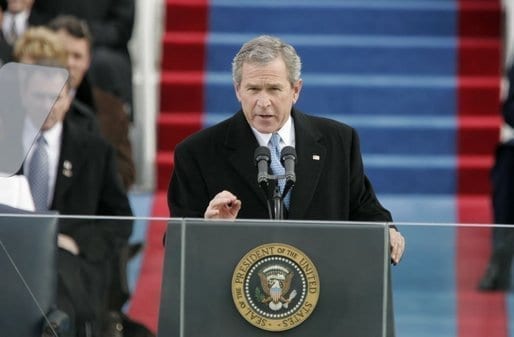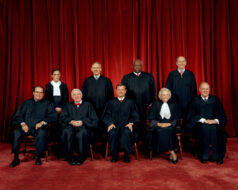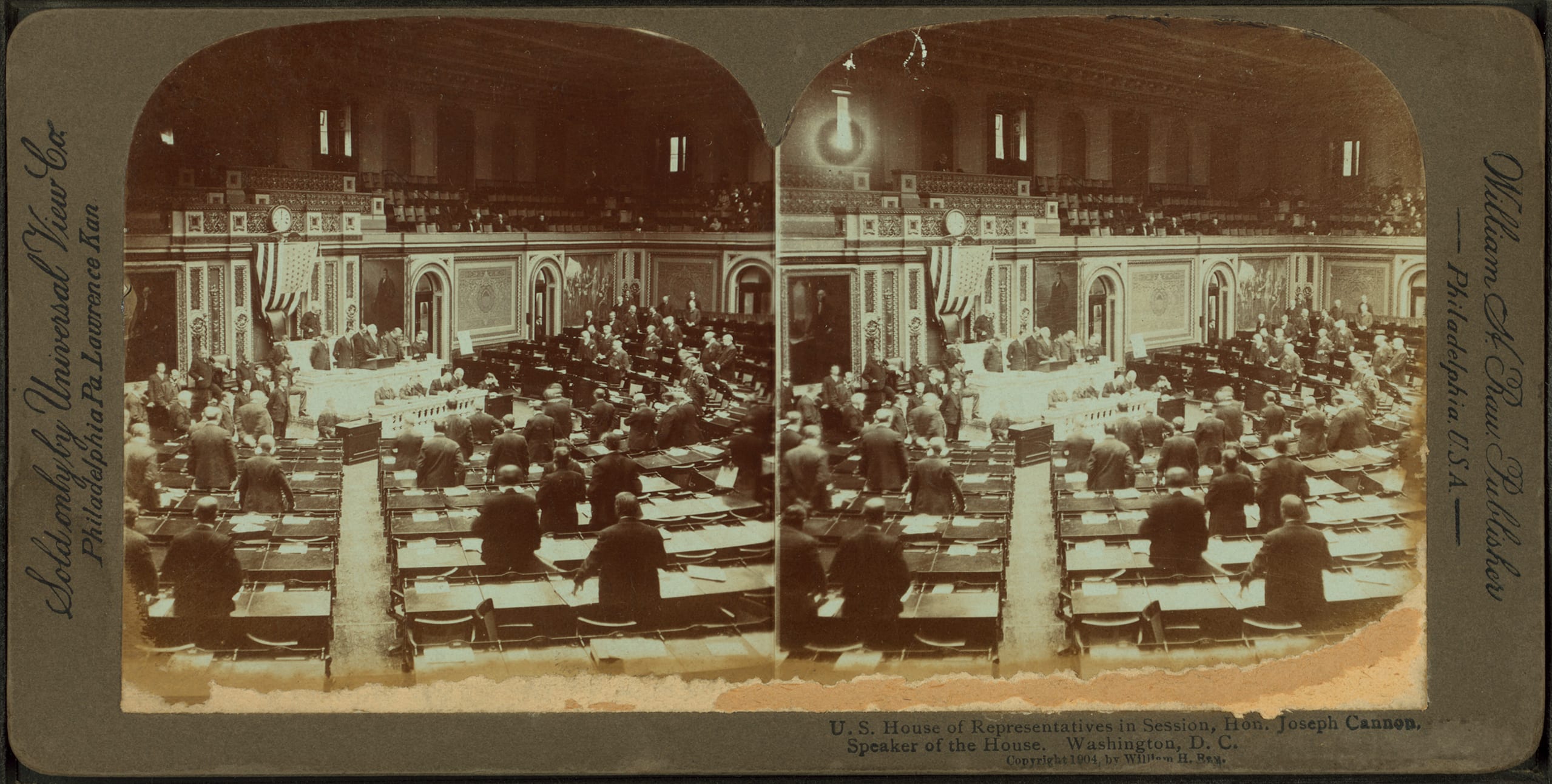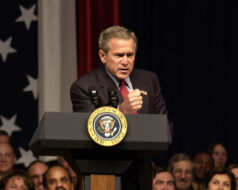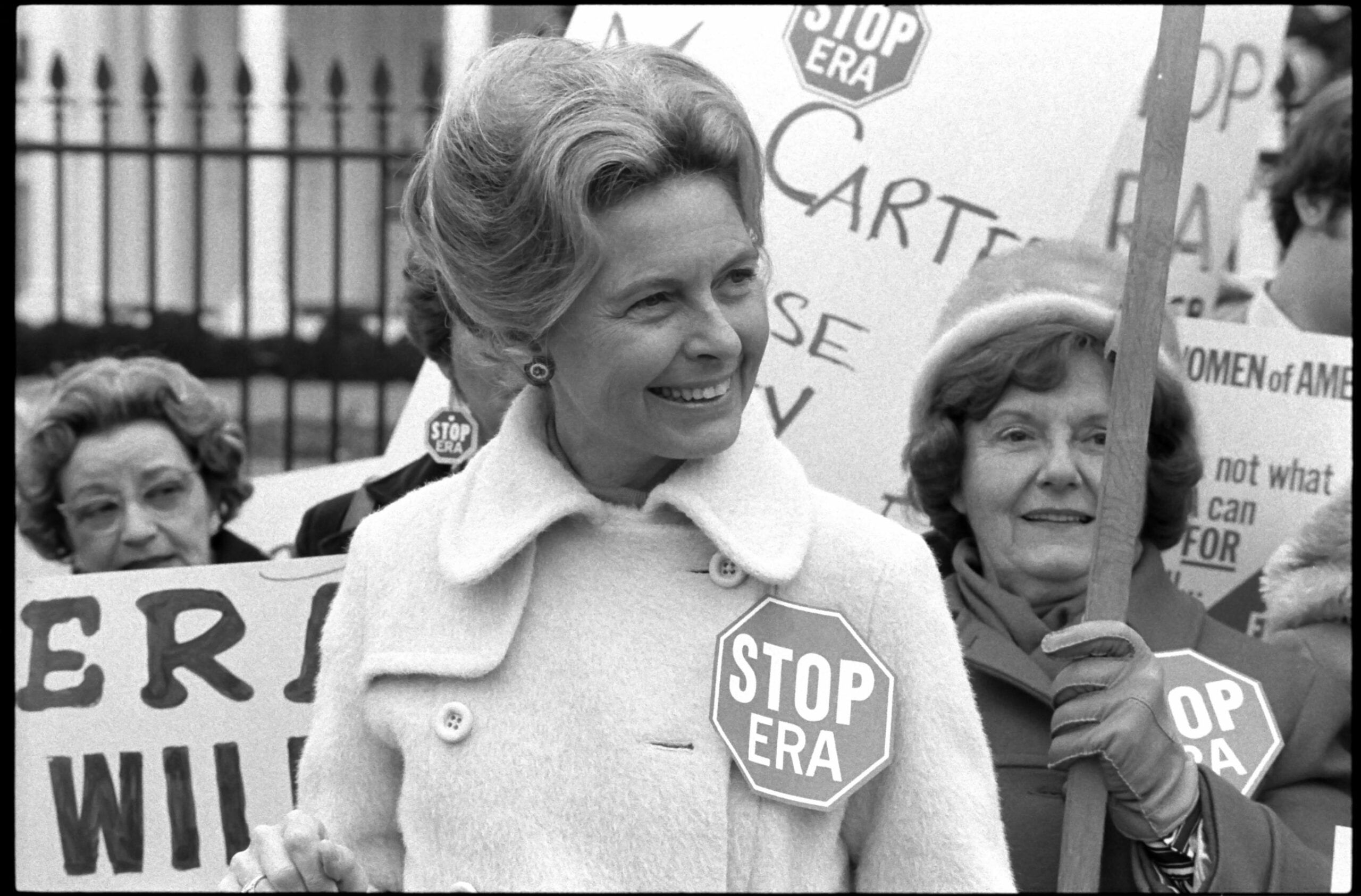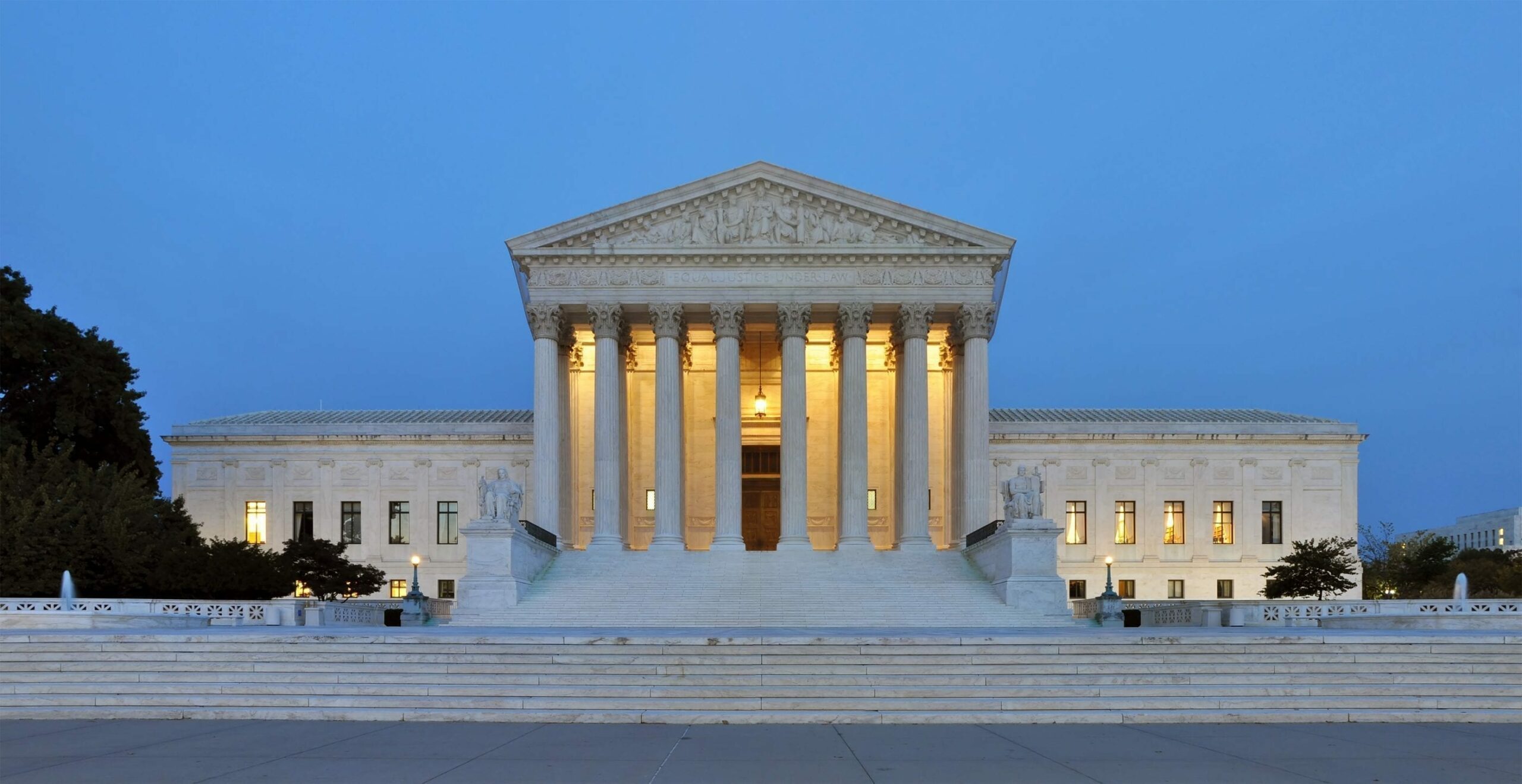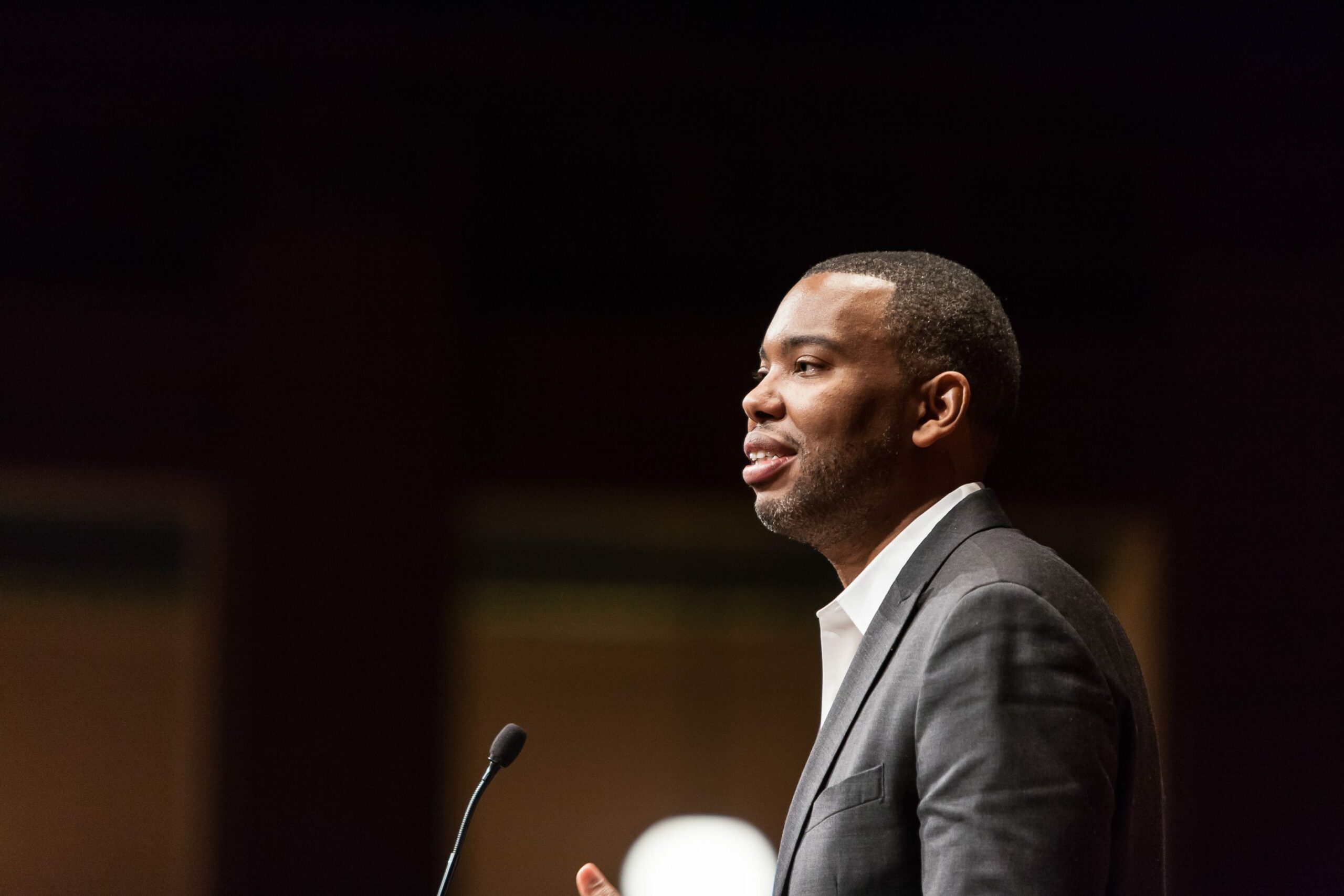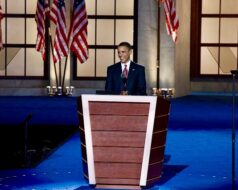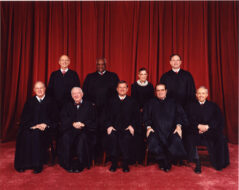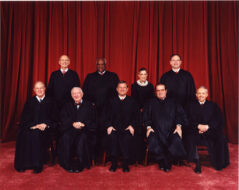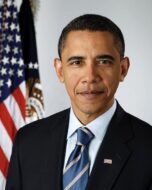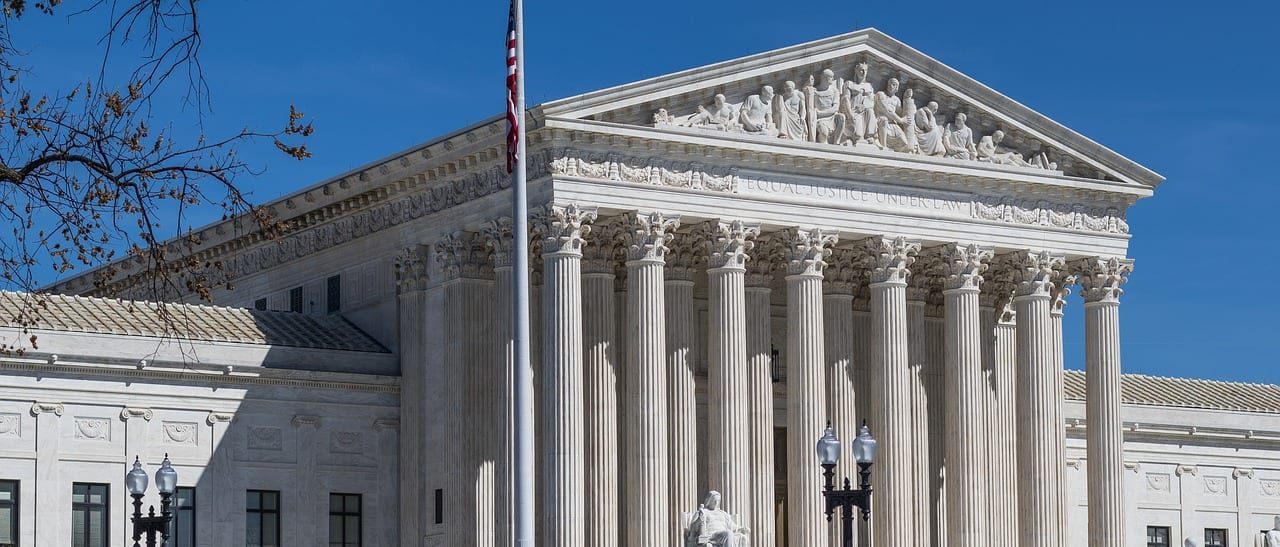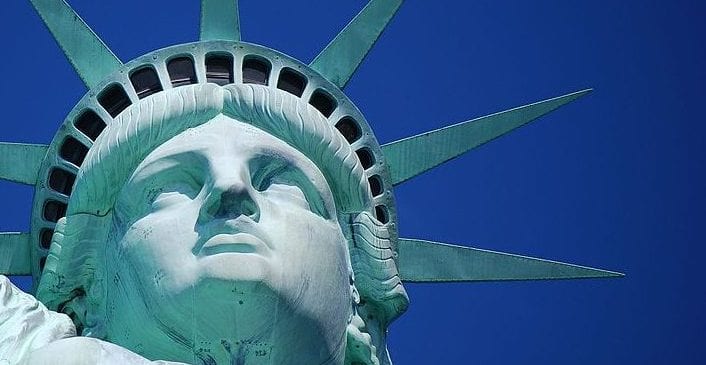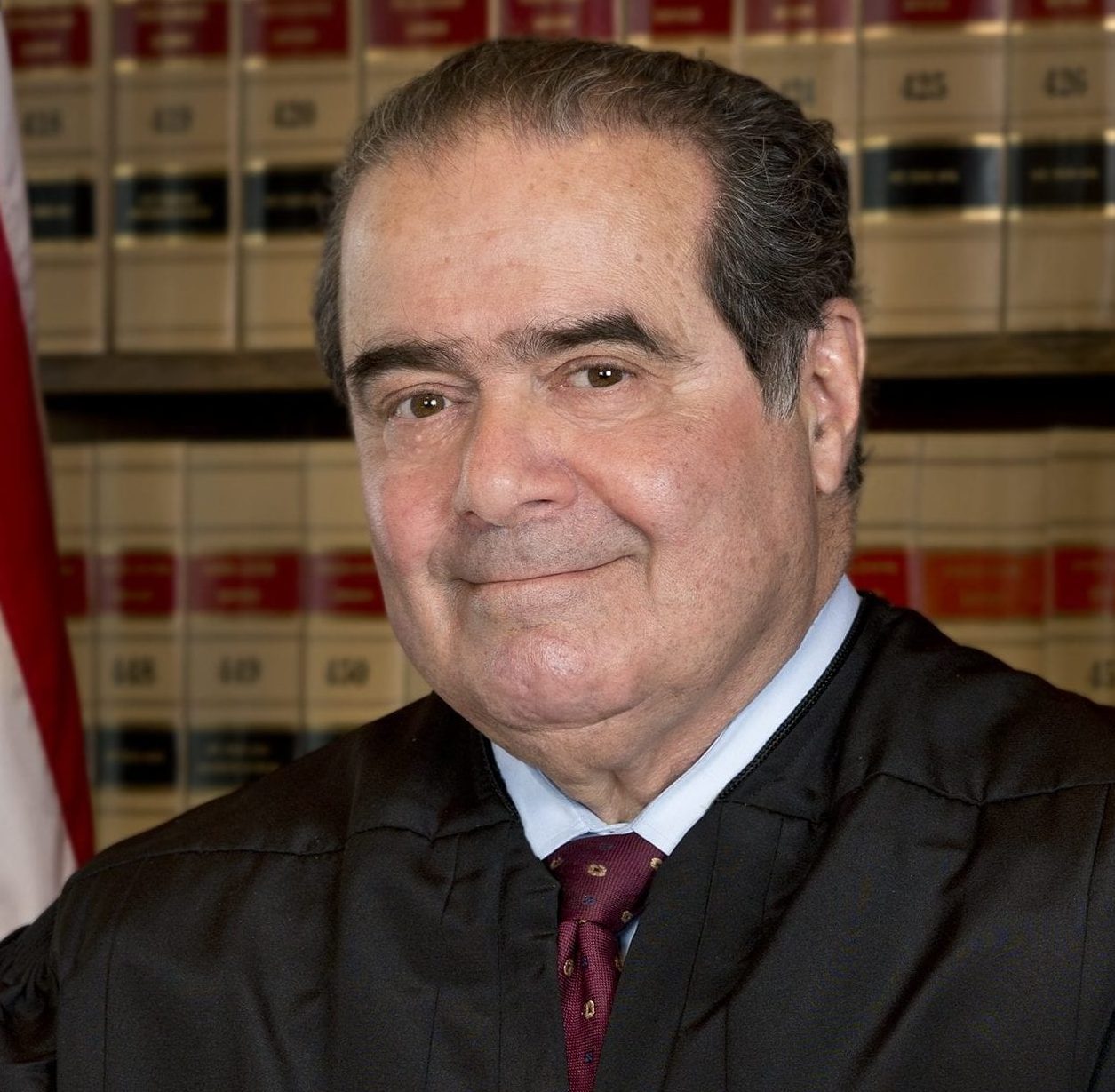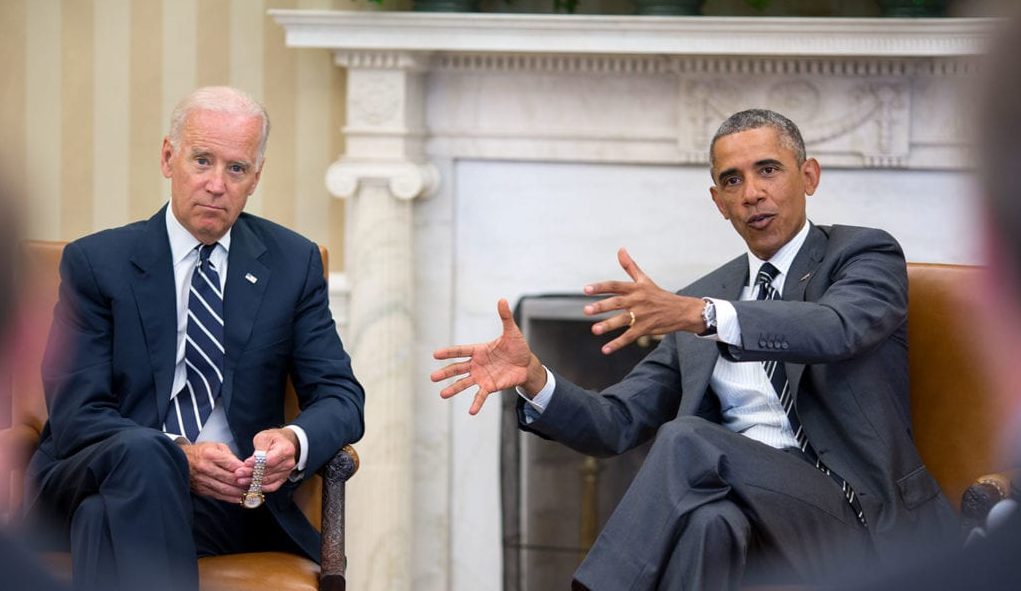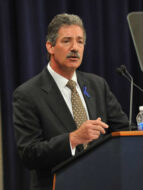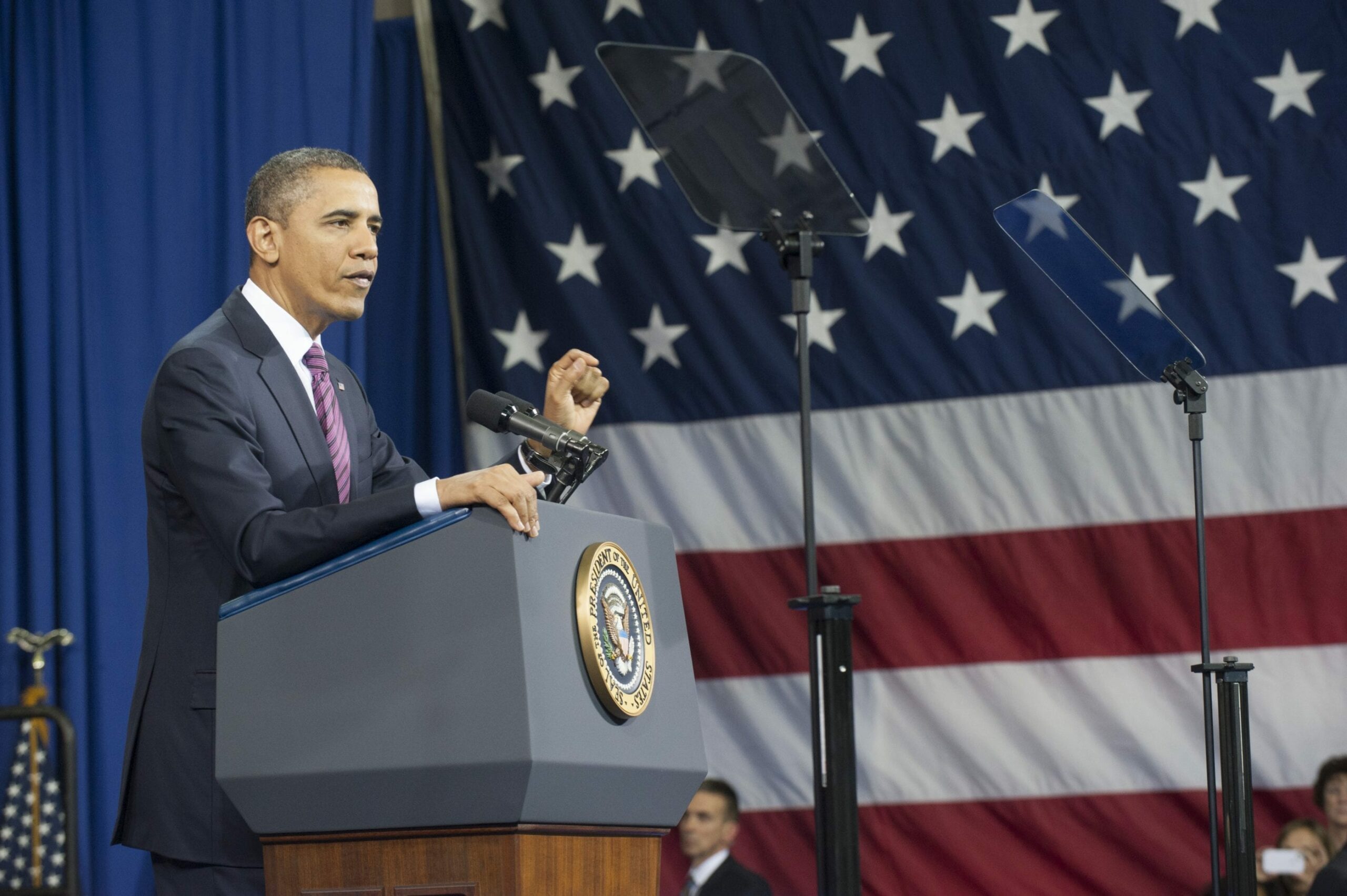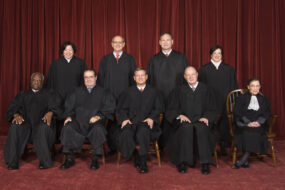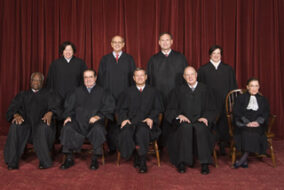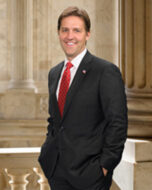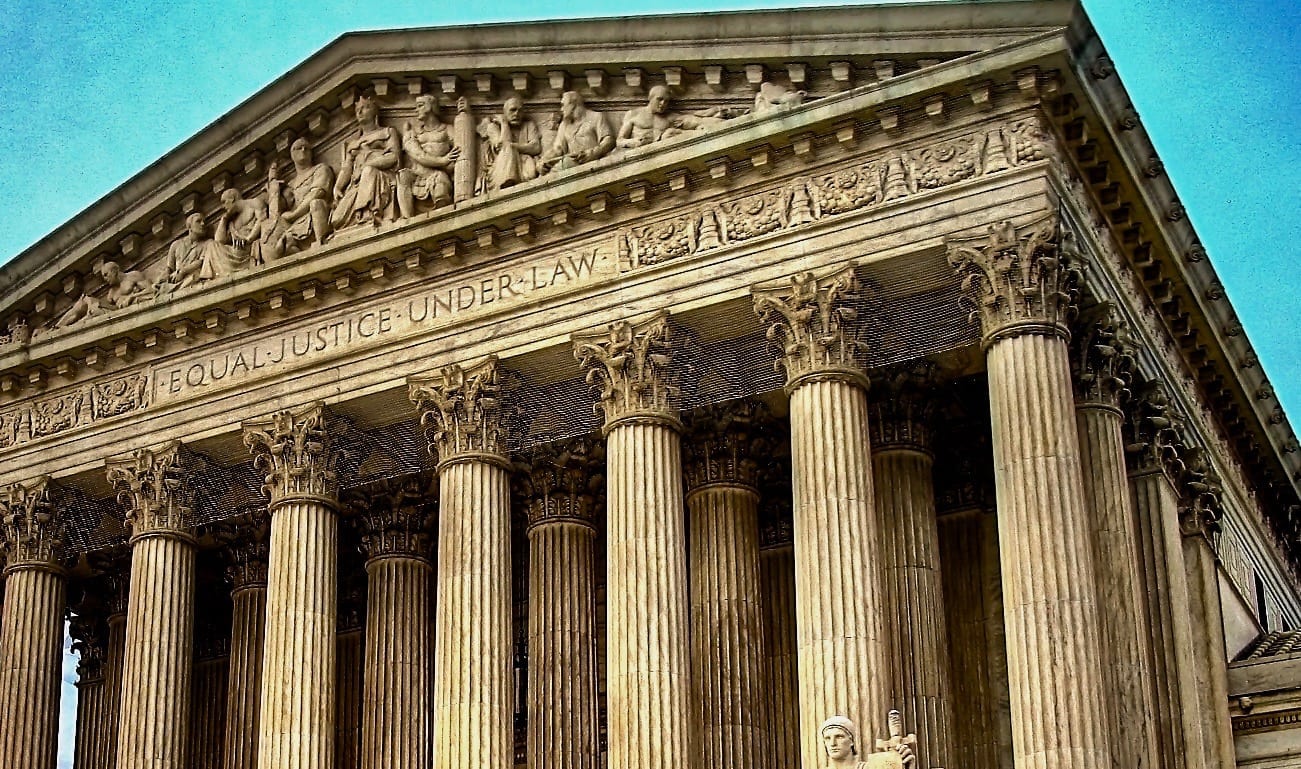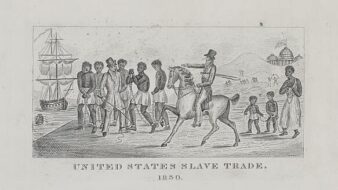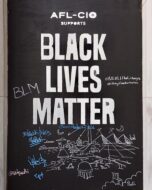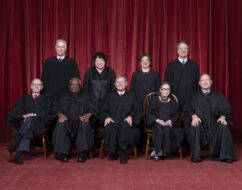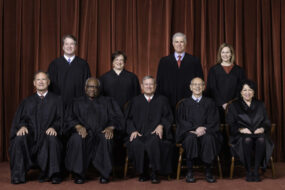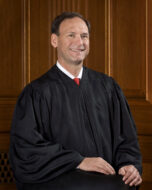
No related resources
Introduction
A Pulitzer Prize Prize-winning novelist, accomplished essayist, and self-described political liberal, Marilynne Robinson (1943–) is also a woman of intense personal faith. Yet as she reveals here, the latter revelation tends to surprise—even shock —people who find out, so much so that they feel compelled to not only question the validity of her having such convictions, but to belittle them as somehow unworthy of her. Robinson sees this common response as indicative of a larger problem: the innate oppressiveness of majority opinion. In her view, even when majorities do not legally prohibit dissenting perspectives, their smug certitude coerces conformity by playing on the fears dissenters naturally have of being marginalized and mocked. It requires a certain kind of moral or intellectual courage to withstand these “petty” yet invidious attacks—yet it is precisely this moral courage that Robinson suggests is needed not only for the good of the person of faith, but for the good of society as a whole.
Source: Marilynne Robinson, “The Tyranny of Petty Coercion,” in The Death of Adam: Essays on Modern Thought (1999).
Courage seems to me to be dependent on cultural definition. By this I do not mean only that it is a word that blesses different behaviors in different cultures, though that is clearly true. I mean also, and more importantly, that courage is rarely expressed except where there is sufficient consensus to support it. Theologians used to write about a prevenient grace, which enables the soul to accept grace itself. Perhaps there must also be a prevenient courage to nerve one to be brave. It is we human beings who give one another permission to show courage, or, more typically, withhold such permission. We also internalize prohibitions, enforcing them on ourselves—prohibitions against, for example, expressing an honest doubt, or entertaining one. This ought not to be true in a civilization like ours, historically committed to valuing individual conscience and free expression. But it is.
Physical courage is remarkably widespread in this population. There seem always to be firefighters to deal with the most appalling conflagrations and doctors to deal with the most novel and alarming illnesses. It is by no means to undervalue courage of this kind to say it is perhaps expedited by being universally recognized as courage. Those who act on it can recognize the impulse and act confidently, even at the greatest risk to themselves.
Moral and intellectual courage are not in nearly so flourishing a state, even though the risks they entail—financial or professional disadvantage, ridicule, ostracism—are comparatively minor. I propose that these forms of courage suffer from the disadvantage of requiring new definitions continually, which must be generated out of individual perception and judgment. They threaten or violate loyalty, group identity, the sense of comme il faut.[1] They are, intrinsically, outside the range of consensus.
Social comity is no doubt dependent on a degree of like-mindedness in a population. It does sometimes help when we are in general agreement about basic things. . . . But it should never be forgotten how much repression and violence consensus can support, or how many crimes it has justified.
It is true that in most times and places physical courage and moral and intellectual courage have tended to merge, since dungeons, galleys, and stakes have been extensively employed in discouraging divergent viewpoints. For this reason our own society, which employs only mild disincentives against them and in theory positively admires them, offers a valuable opportunity for the study of what I will call the conservation of consensus, that is, the effective enforcement of consensus in those many instances where neither reason nor data endorse it, where there are no legal constraints supporting it, and where there are no penalties for challenging it that persons of even moderate brio[2] would consider deterrents.
Let us say that the sort of courage I wish to consider can be defined as loyalty to truth. I am not entering into any epistemological thicket here. The kind of truth that interests me is of the type sometimes represented in the statement “the house is on fire.” It is consensus that conceals from us what is objectively true. And it is consensus that creates and supports “truths” that are in fact culturally relative. And, interestingly, it is consensus that is preserved when the objective truth is disallowed on the grounds that “truth” is merely the shared understanding of a specific group or culture.
Here is an instance: for some time, the word “bashing” has been used to derail criticism of many kinds, by treating as partisan or tendentious statements that are straightforwardly true or false. To say that the disparity between rich and poor in this country exceeds any previously known in American history . . . is to say something falsifiable—that is, for practical purposes, verifiable, and, in any case, arguable. But such statements are now routinely called “Bush bashing.” In other words, something that is objectively true or false is dismissed as the slur of a hostile subgroup. Perfectly sensible people flinch at the thought that they might sound a trifle Jacobin, and they are shamed out of saying what they believe to be true in the plainest sense of the word “true.” Nor is it the critics alone who lose their bearings when these strategies are employed. Those who identify with the group toward whom criticisms are directed—in this case, the present administration—can hear irrational attack where they might otherwise hear a challenge to their values or to their theories and methods.
So, the exchanges that political life entirely depends on, in which people attempt in good conscience to establish practical truth and then candidly assign value to it, simply do not take place. This is a failure of courage on both sides. . . .
. . . To be intimidated in this way is a failure of courage, and to abandon democracy from an excess of self-doubt and good manners is no different, in its effect, than to abandon it out of arrogance or greed.
I am myself a liberal. By that I mean I believe society exists to nurture and liberate the human spirit, and that large-mindedness and openhandedness are the means by which these things are to be accomplished. I am not ideological. By that I mean I believe opportunities of every kind should be seized upon to advance the well-being of people, especially in assuring them decent wages, free time, privacy, education, and health care, concerns essential to their full enfranchisement.
I am very critical of liberalism, not in principle but as a movement. This distinction seems never to be made, and it is not at all subtle. As a principle, liberalism is essential to the sanity and humanity of this civilization. As a movement, it is virtually defunct. Those who have espoused it have failed it, in a way and to a degree that has allowed the very word to become a term of opprobrium. Some authoritative consensus turned against it, and, obedient to that consensus, its allies have abandoned the cause, if not gone over to the other side, into the embrace of illiberalism. . . .
. . . The banishment of the word “liberal” was simultaneous with the collapse of liberalism itself. . . . What is at stake? Our hope for a good community. Liberalism saw to the well-being of the vulnerable. Now that it has ebbed, the ranks of the vulnerable continuously swell. . . . Trivial failures of courage may seem minor enough in any particular instance, and yet they change history and society. They also change culture.
To illustrate this point, I will make a shocking statement: I am a Christian. This ought not to startle anyone. It is likely to be at least demographically true of an American of European ancestry. I have a strong attachment to the Scriptures, and to the theology, music, and art Christianity has inspired. My most inward thoughts and ponderings are formed by the narratives and traditions of Christianity. I expect them to engage me on my deathbed.
Over the years many a good soul has let me know by one means or another that this living out of the religious/ethical/aesthetic/intellectual tradition that is so essentially compelling to me is not, shall we say, cool. There are little jokes about being born again. There are little lectures about religion as a cheap cure for existential anxiety. Now, I do feel fairly confident that I know what religion is. I have spent decades informing myself about it, an advantage I can claim over any of my would-be rescuers. I am a mainline Protestant, a.k.a. a liberal Protestant, as these same people know. I do not by any means wear my religion on my sleeve. I am extremely reluctant to talk about it at all, chiefly because my belief does not readily reduce itself to simple statement.
Nevertheless, I experience these little coercions. Am I the last one to get the news that this religion that has so profoundly influenced world civilization over centuries has been ceded to the clods and obscurantists? Don’t I know that J. S. Bach and Martin Luther King have been entirely eclipsed by Jerry Falwell? The question has been put to me very directly: Am I not afraid to be associated with religious people? These nudges would have their coercive effect precisely because those who want to put me right know that I am not a fundamentalist. That is, I am to avoid association with religion completely or else be embarrassed by punitive association with beliefs I do not hold. What sense does that make? What good does it serve? I suspect it demonstrates the existence of a human herding instinct. After all, “egregious” means at root “outside the flock.” There are always a great many people who are confident that they recognize deviation from group mores, and so they police the boundaries and round up the strays.
This is only one instance of a very pervasive phenomenon, a pressure toward concessions no one has a right to ask. These are concessions courage would refuse if it were once acknowledged that a minor and insidious fear is the prod that coaxes us toward conforming our lives, and even our thoughts, to norms that are effective markers of group identity precisely because they are shibboleths, a contemporary equivalent of using the correct fork. . . . The example of coercion I have offered, the standing invitation to sacrifice one’s metaphysics to one’s sense of comme il faut, has had the effect of marginalizing the liberal churches and elevating fundamentalism to the status of essential Christianity. The consequences of handing over the whole of Christianity to one momentarily influential fringe is clearly borne out in the silencing of social criticism and the collapse of social reform, both traditionally championed by American mainline churches, as no one seems any longer to remember. . . .
Cultures commonly employ the methods of cults, making their members subject and dependent. And nations at intervals march lockstep to enormity and disaster. A successful autocracy rests on the universal failure of individual courage. In a democracy, abdications of conscience are never trivial. They demoralize politics, debilitate candor, and disrupt thought.
State of the Union Address (2000)
January 27, 2000
Conversation-based seminars for collegial PD, one-day and multi-day seminars, graduate credit seminars (MA degree), online and in-person.



